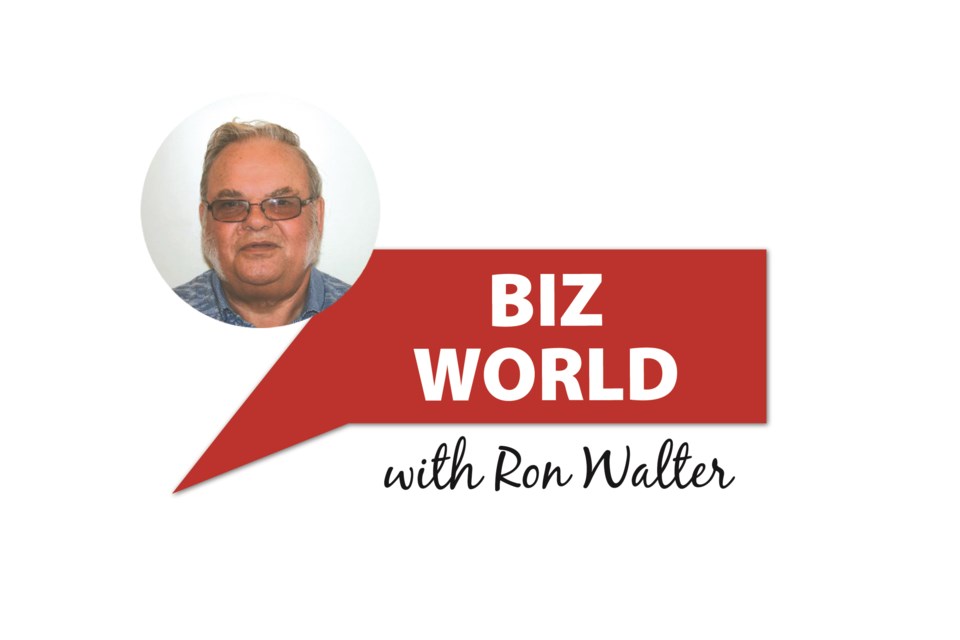It seemed strange to not see or hear any boasting from city council about the success of the city’s stock portfolio during 2020.
The returns were robust and saved taxpayers from higher taxes or borrowing to operate.
Annual financial statements for 2020 show the stock portfolio brought in 9.8 per cent on the $115 million in reserves. That amounts to almost four times the approximate $2.5 million city investments would have generated sitting in traditional government and corporate bonds.
The finance director pointed out the investment returns equal a 33.45 per cent increase in taxes — or an average $291 increase across the board.
City council has opted to place the majority of income from the stocks into funding the capital works program for the next five years — an amount of $12.5 million for the $59 million in programs.
The question is why wasn’t there more bragging about the increased investment returns?
Perhaps the lack of boasting reflects memories of last March when the portfolio was under water by millions of dollars as the pandemic scared investors into mass selling at ever lower prices.
The city had been warned that placing hard earned taxpayers’ reserves into the volatility off the stock market was risky and courted sudden losses.
Fortunately for the city and the taxpayers, the value of the city’s stocks came back once the pandemic scare declined and even netted a cool return about four times that of safer bonds.
The city plunged ahead into the stock market even though anyone with good knowledge of the market understood the multi-year long rising trend in stock prices was about to implode. The pandemic was the catalyst causing the decline.
Traditionally, government surplus funds have been invested in safe bonds issued by stable governments or blue chip corporations. Since other cities had success with the stock market Moose Jaw joined the crowd.
Seeing such a departure from usual investing practices is itself a signal that markets have peaked.
The finance director later said the timing into the market could have been better.
On a scale of one to 10 where one is lowest risk, bonds rate one. Blue chip stocks, the top rated companies, rate around five on that scale.
The city took on five times the risk and gained four times the gains.
Stocks become volatile for many reasons: the market runs in cycles; when cycles end often a different sector of stocks becomes the new investor’s darling industry; industries and companies fall out of favour.
Just rumours can move the market.
The stock market isn’t described as a casino by some observers without reason.
The city has a good investment advisory firm but can taxpayers trust the politicians on the city investment committee to guide the adviser appropriately?
One significant reason for investing city reserves in stocks was to tie up the funds.
The clamour to spend the reserves has been growing for two decades as hard pressed taxpayers — about half of whom live paycheque to paycheque — see no reason to hoard cash at these low low interest rates.
The stock portfolio puts the money out of reach for immediate spending. The reserves were even out of reach to ease the burden on property taxes during the pandemic.
Ron Walter can be reached at [email protected]
The views and opinions expressed in this article are those of the author, and do not necessarily reflect the position of this publication.




